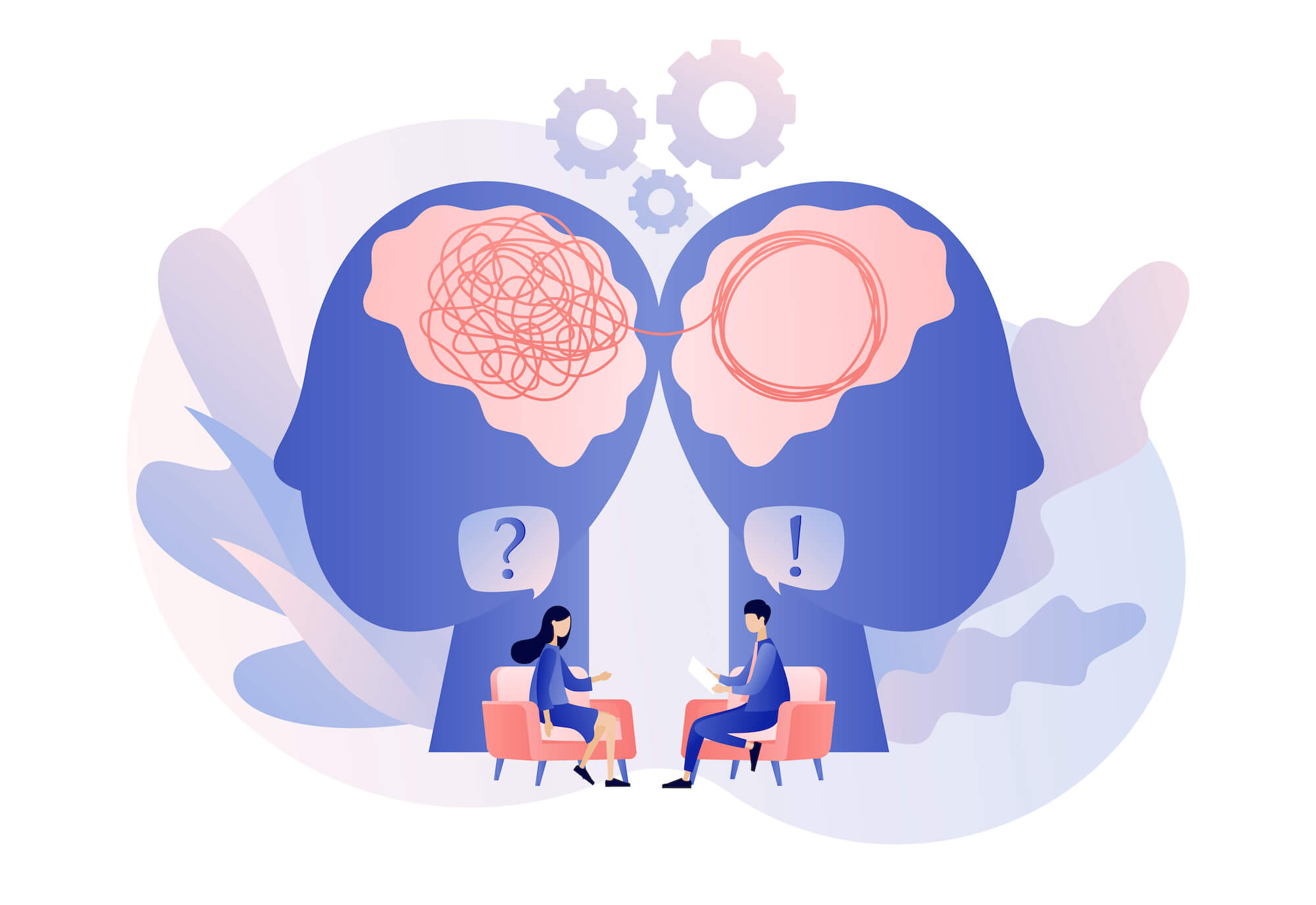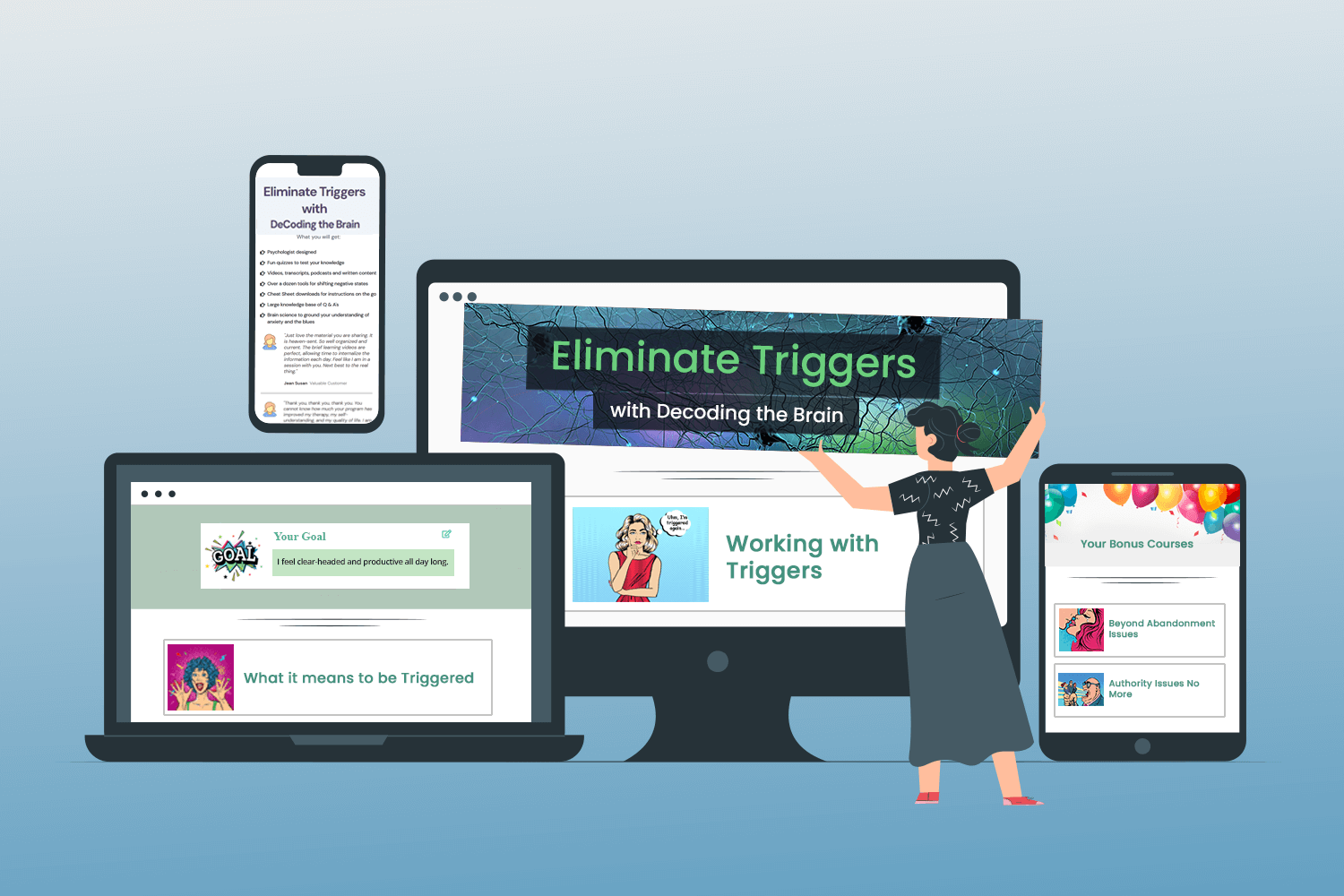Managing emotional triggers
Managing emotional triggers means one trigger at a time, one step at a time. Break the mold for mental health using emotional regulation (by training the autonomic nervous system) and targeted trigger work.
What we offer
To MANAGE EMOTIONAL TRIGGERS
One nervous system0 to another
The fastest way to change your capacity for emotional regulation is by "connecting" with someone else's nervous system. This 'co-regulation' technique is the secret power behind most therapeutic and coaching endeavours. Learn more.
Introductory EMOTION REGULATION training
DeCoding the Brain is an online program that's like an app for the mind-body. Just apply the techniques anytime you're triggered or your mental/emotional state takes a nose dive. . Learn More
we don't always recognize we've been triggered
When we're triggered, we're actually re-experiencing a long-ago memory (called an implicit memory) even though it feels like it’s triggered by something or someone in our present environment. We step so easily into feeling the memory that we sometimes fail to recognize we've been triggered. Instead, we might just interpret it as another emotional shift we've come to expect of ourselves.
The Problem
Two-Step Solution
Our knee-jerk reaction when we've been triggered is to blame it on someone or something outside of ourselves. We're often so unraveled by the trigger that we can't distinguish between what's merely off-putting in the present and what was much greater inside us beforehand.
The first step is to increase the capacity for emotional regulation. This makes the charge associated with the trigger easier to manage and creates "room" to tolerate the discomfort. The second step involves "mining" that discomfort to identify and follow through on key corrective emotional experiences needed to root out and resolve the trigger.
myShrink is dedicated to heralding a paradigm shift in mental health. With our signature program DeCoding the Brain, it showcases a new understanding of the mind-body connection. The science behind this revolutionary approach promises to provide relief and in some cases, complete remission of some so-called mental health "disorders". myShrink has isolated one application of this approach giving recipients a way to eradicated triggers, achieve maximum level of emotional regulation training and maintain a lasting sense of well-being.
How's your nervous system doing? Take this quick quiz.
*Be sure to put the audio on.
What is Emotional Regulation?
Emotional regulation is the ability to respond and recover with equanimity to life's challenges while staying true to oneself.
The simplest indicator of emotional regulation is the health of the autonomic nervous system (ANS). The ANS communicates with every organ, so improving its functioning has a reparative effect throughout the body. Click the video to learn more.
Emotional Regulation Training & the Polyvagal Theory
DeCoding the Brain - our signature product - and our Coaching Practices are based on somatics, the Polyvagal theory and neurobiology.
The Polyvagal Theory explains that one's emotional regulation is reflected in the combination of our connection needs and the fight, flight, freeze response of the autonomic nervous system.
When the autonomic nervous system is working optimally we can get charged up by stress and a little while later, easily and seamlessly release it through our body. We don't hold onto the stress, we're free to relax in the evening.
Neurobiology teaches us that there are emotional stages of development that we're driven to achieve without which we won't be as fully capable as adults. Luckily, we can make up for what we didn't get earlier.
When the nervous system is under-functioning, we run into these types of problems:

Triggered into Anger
Impatient, irritable, frustrated, rageful, tight jaw & fists

Triggered into "I got to get away"
Whether is abruptly leaving a social setting, being fidgety in your hands & legs; or restless, anxiety, panic, tight in the chest etc., you've been triggered into a flight response.
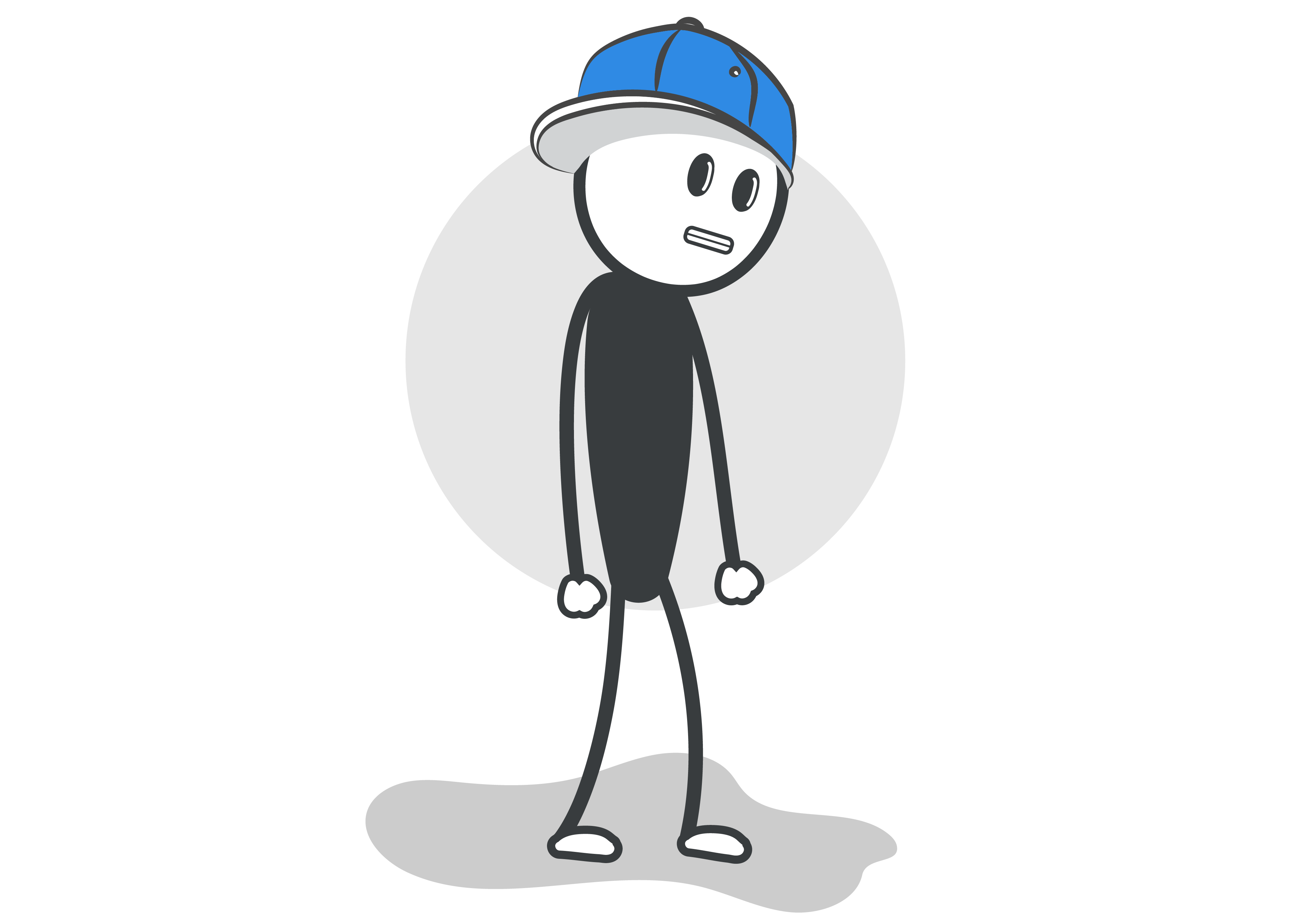
Triggered into shut down mode
The freeze state shows up as numb, collapsed, heavy, exhausted, unmotivated, staring off into space and interestingly, frequently cold hands & feet.
GOOD NEWS: the nature of the autonomic nervous system (ANS) is infinitely malleable.
myShrink utilizes this knowledge and helps you to manage emotional triggers and achieve emotional regulation using these two strategies:
- Tracking psychophysiological states and repeatedly returning to states of balance and,
- Resolving our developmental connection needs (ie. addressing the patterns of how we connect to ourselves and others).
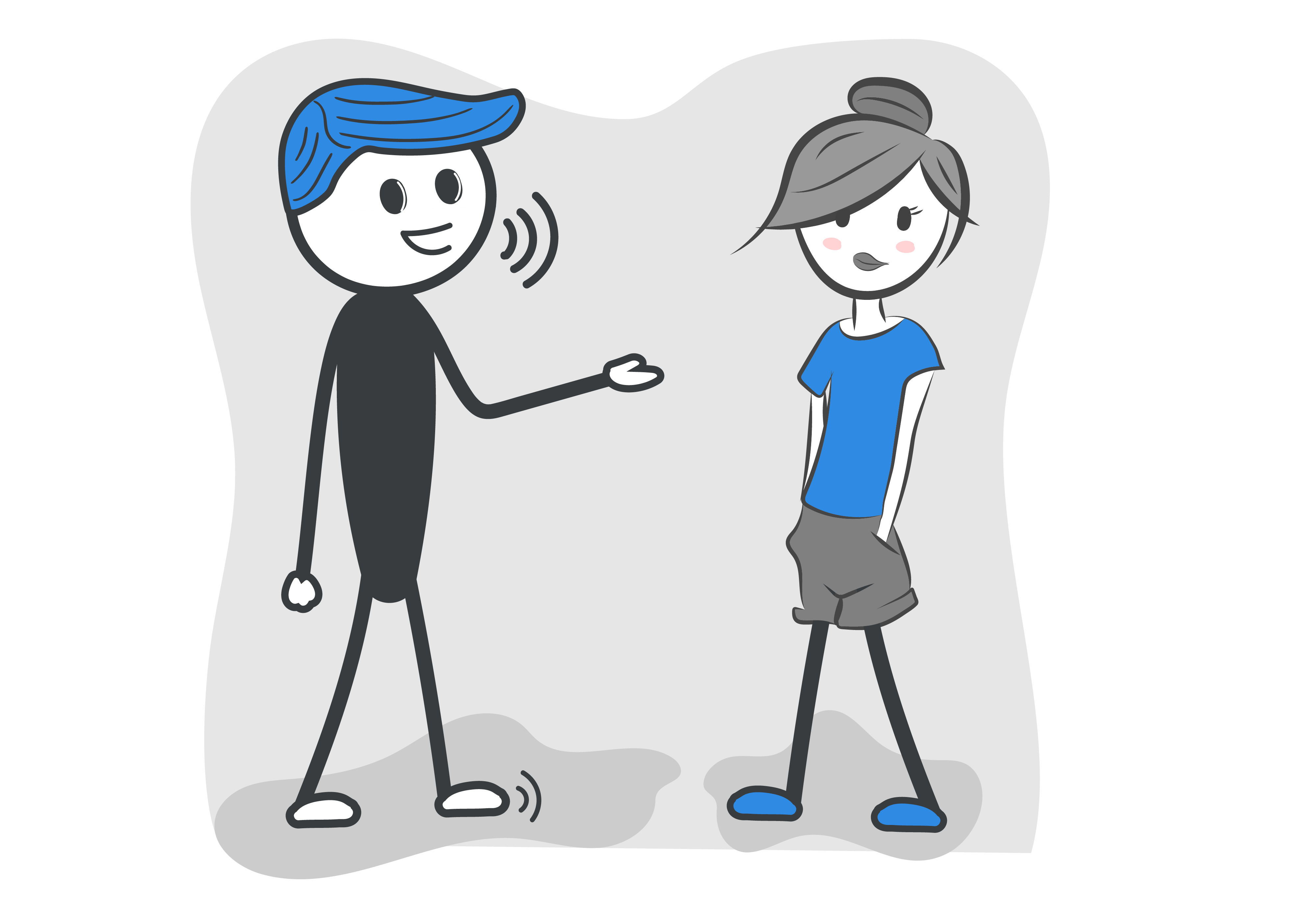
Emotional Regulation
When our "connection needs" are met and our nervous system is emotionally regulating, we're naturally less triggered and comfortable in our own skin.
Engaging with others is easy; we're joyful, curious and resilient (ie. we bounce back from stress).
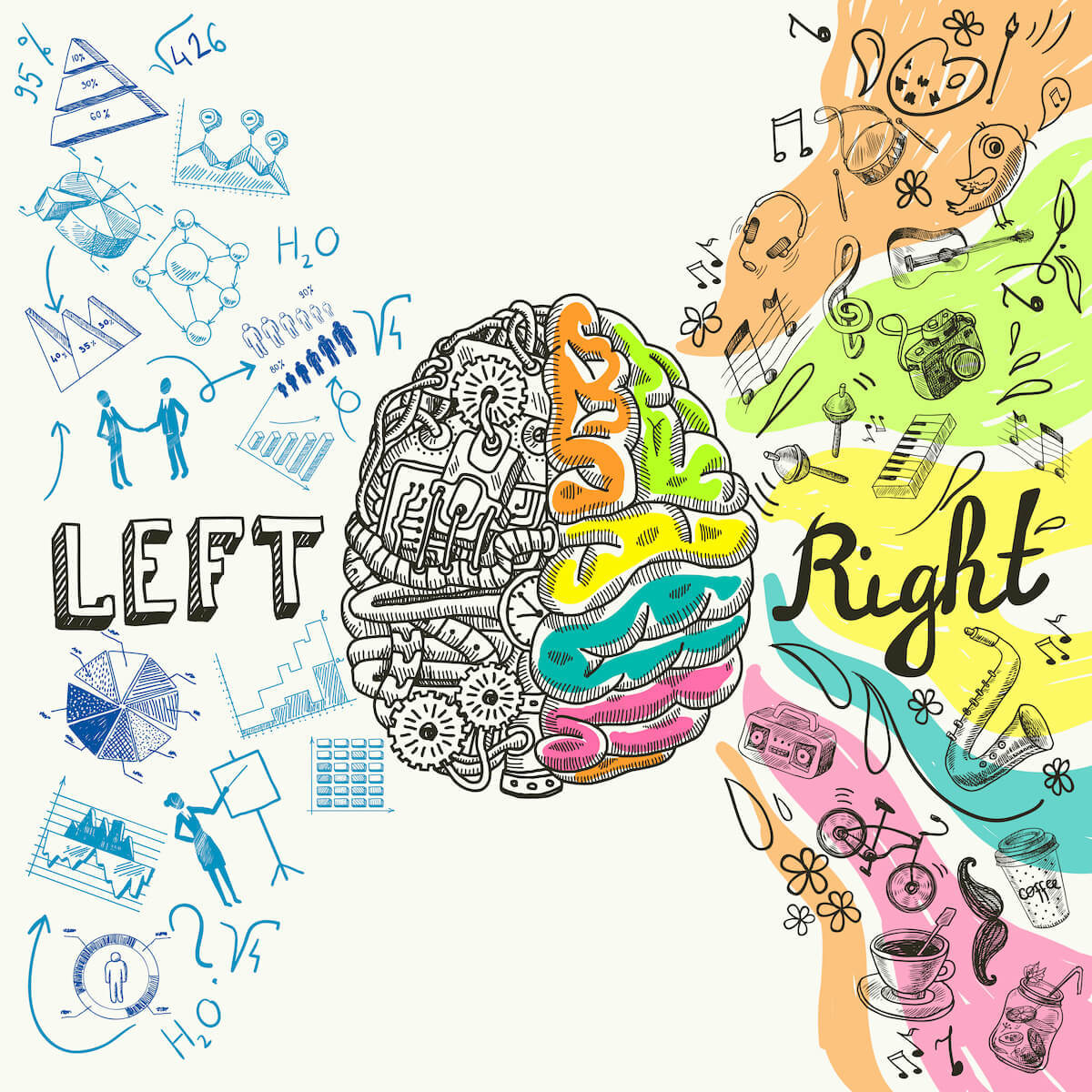
Managing Emotional Triggers Requires A Balanced Brain
“We cannot solve our problems with the same thinking we used when we created them.”
Albert Einstein
GREATEST FACTOR FOR CHANGE
IT'S ALL ABOUT CONNECTION
When two people meet, two nervous systems shake
hands. Your nervous system LEARNS from the nervous
system of your coach/therapist.
It's an energetic exchange.

GREATEST FACTOR FOR CHANGE
IT'S ALL ABOUT CONNECTION
When two people meet, two nervous systems shake
hands. Your nervous system LEARNS from the nervous
system of your coach/therapist.
It's an energetic exchange.
A Trigger evokes an early, "feeling-sense" memory
These "feeling sense" memories are called implicit memories. We can't always remember the details our early upbringing but no matter they never decay. We're often re-experiencing these feeling sense memories when we're triggered even though we have little awareness that the state we're in, comes from the past. Indeed, it feels like 'how we feel' is from what is presented before us.
Trauma or a lack of attuned care interferes with completion of developmental stages
Humans go through exponential growth in the first years of life and require specific experiences to complete neurobiological drives. Based on burgeoning research into neurobiology and infant development, we've identified key conditions that assure positive changes in the brain no matter what your age.
Somatics for deeper and sustained growth
Growing research into the area of right-brain to right-brain interactions is the source of change in therapeutic interactions. At myShrink we believe the use of somatics—right-brain activities—optimizes brain growth and provides the means for corrective action. In order to "complete" a developmental stage or right a wrong, the brain requires a corrective experience.
Triggered by your boss or subordinates?
Been down this road before? It's not uncommon.
Longstanding issues with authority often impact both our sense of personal power and our reactions to those we perceive as having control over our well-being.

Emotional Regulation Training + Trigger Work = Succeeding in a rapidly changing world. Yes, you need to adapt and manage your emotional triggers. It all begins with cultivating a resilient nervous system. Learn more about reactions to authority here.
Serving the NEEDS OF PARENTs who want more for their KIDS
Triggered by your child's behavior? Is your own emotional baggage interfering with being the parent you always hoped to be?
Emotional Regulation Training + Trigger Work = Emotional freedom from childhood triggers and a new way of developing resiliency. Begin with the knowledge that the greatest factor for change is the parents' own nervous system. Book a free call here.
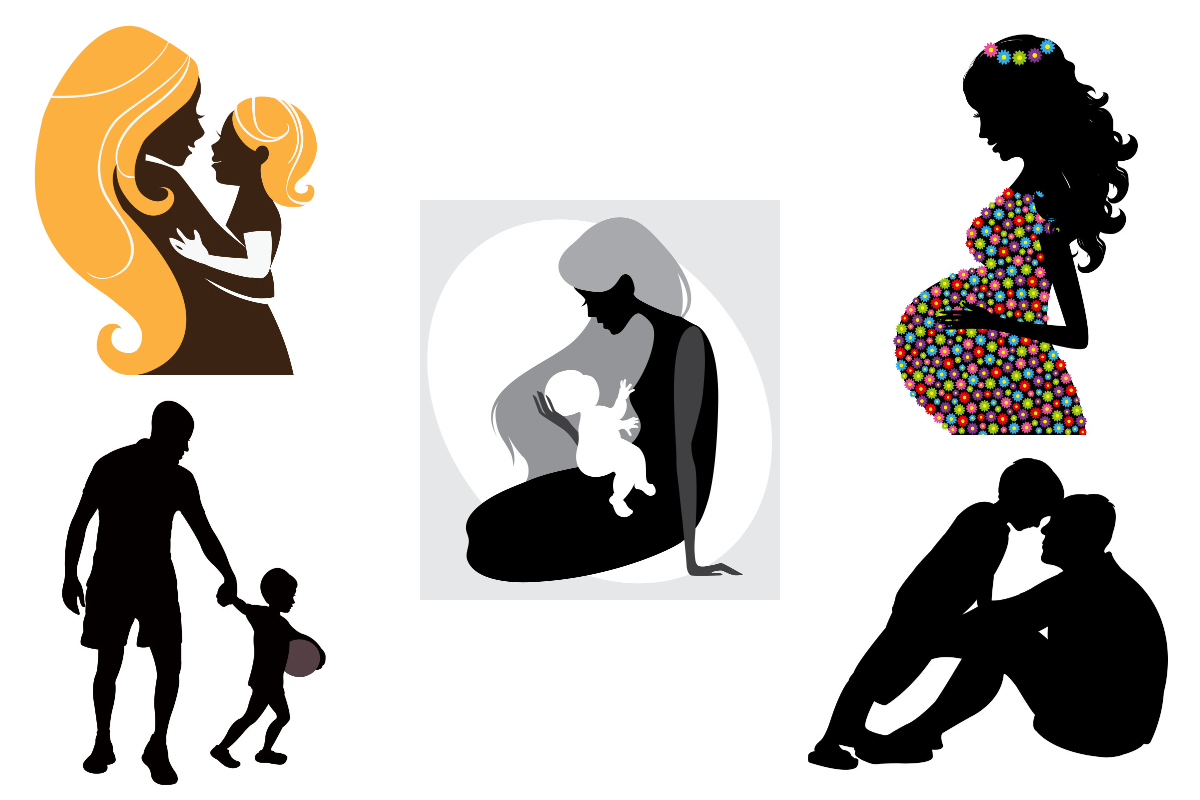

. . . Regain Control and Align with Your True Self
.Emotional Regulation Training + Trigger Work = Freedom from sudden reactions that distort your true intentions and who you really are inside, giving you the sense of control to stay true to yourself.
With repeated use of self-regulating techniques the autonomic nervous system becomes emotional resilient in the face of emotional triggers, and curiosity in the face of challenges. Let go of tension and laugh like you used to.
...therapy and ex-therapy clients dealing with transference
Therapeutic techniques that give rise to transferences (wherein clients become attached to their therapist or health care practitioner) can sometimes leave clients with no opportunity for a successful resolution.
Emotional Regulation Training + Trigger Work = Freedom from obsessive yearning and a dramatic reduction in feeling out of control. Coupled together this approach provides a way for individuals to move beyond their transference into satisfying adult relationships and feelings of belonging. Resolve a transference here.
After years of declining powers in concentration, comprehension, and struggling with a general malaise—that she was unwilling to attribute to the aging process—Dr. LaCombe began a journey of personal transformation (described here). She ultimately came to see that the dependence on pharmaceuticals and an over reliance on arbitrary diagnostic categories within the mental health field had to be recognized and overcome.


2006. Launched website myShrink while on a mission to promote a revolutionary idea to the mental health field. Led ultimately to 'emotion regulation training' and to managing emotional triggers in a completely new way.
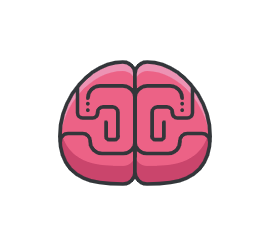
2010. Developed the first version of DeCoding the Brain (formerly called the Brain Coaching Program). Based on neuroscience, Polyvagal Theory and instructional design. Ultimately attracted over 600 members—and growing.

2021. Based on years of research & testing, DeCoding the Brain launched with a focus on emotional regulation training. An Introductory Coaching Package was launched in January 2022.
Click here to learn more about Dr. LaCombe.


